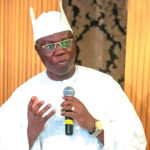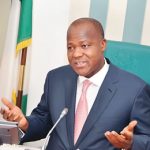Awonuga disclosed this last week during the third quarterly forum of the National Information Technology Reporters Association (NITRA) in Lagos.
The theme of the forum was: “Digital Payment: Prospects and Challenges of a Financially Inclusive Nigeria.”
He said that to fit into the mobile money platform, the Nigerian Communications Commission (NCC) graciously agreed that the operators should get the super agent licence from the Central Bank of Nigeria (CBN).
According to him, the telecommunications companies have to operate on subsidiary names, which are not the telecommunications companies’ names.
“They are working on getting the licences already. Globacom recently launched its mobile money platform, so the operators are already keying in to boost financial inclusion.
“The telecommunications companies have been doing so much on electronic payment.
“Nigeria is lagging behind so much in mobile payment, and this is obvious in the rural areas.
“So, the telecommunications operators want to bridge the gap that the country has in financial inclusion,” he said.
Awonuga said that there was the need to boost local content in the country hence, the local content policy should be implemented to grow the economy.
Mr James Emadoye, the President of the Institute of Software Practitioners of Nigeria (ISPON), said that Nigerians should encourage local contents in software development.
Emadoye said that software was an intellectual property, which should be protected.
According to him, foreign technology was developing while Nigeria’s was shrinking.
“The national cake, which is oil in Nigeria, is running dry, so we need to rethink on another opportunity which lies in software development,” he said.
Emadoye urged the media to help change the narrative of software in the country.






